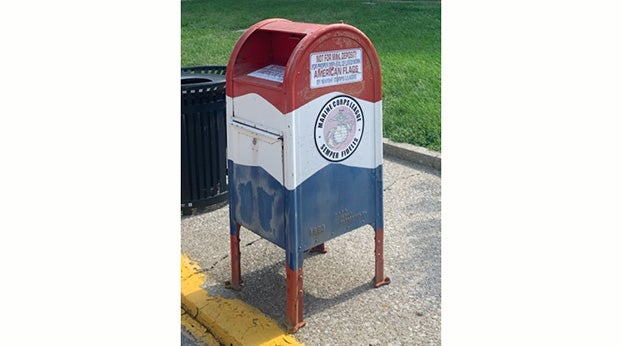Many to blame for Charlottesville, but not average person
Published 9:00 am Wednesday, August 23, 2017
This letter is about your view concerning events in Charlottesville, Virginia.
As an average person, I do not agree that we all share the blame. You, speaking for the media, do share part of the blame. The reason is is that you bias information. In this case, you present biased information by not saying who the antagonists were. Who were they? What all did they do to create violent actions? Aren’t they guilty for causing the ruckus?
Others that should share the blame with the media are:
1. Knee-jerk politicians. These are politicians who would do about anything to maintain or increase power. They would remove statues, and aid in altering history to buy votes.
2. Incompetent bureaucrats. These government people must have known when the groups would be at Charlottesville, and should have taken actions to see that antagonistic groups would be well separated.
3. Immature people. These are people who cannot accept, or do not want to accept the past, and have a desire to hide it like a child who would put something out of its mind by hiding the offensive thing.
4. Combative people. These are people who for whatever reason feel a need to fight about something, and show up at places of dissension.
5. Historians and writers about the War of the Rebellion a.k.a. the Civil War. Those who have written about that horrible war have added extraneous material, removed pertinent information and written in a biased manner to justify the cause that they want; they have provided us with a fairy tale history.
A brief history of the war is not Lincoln walked across the Potomac River like Jesus to free the black slaves that he cared much for.
A brief history of the war is Lincoln sent large armies to crush rebellious farmers who would not continue to subsidize the North and pay the taxes for the country.
What really happened? Day one the onus was put on the South to be the big taxpayer via the tariff, and to subsidize the North. The tariff began to increase much after the War of 1812 because of Henry
Clay’s American System which was a rapidly expanding country, a protective tariff and internal improvements.
By the time of Andrew Jackson, the tariff became so oppressive it became known as the Tariff of Abominations, and South Carolina nullified it.
Jackson, in a very severe manner, forced S.C., and the South, to accept the tariff by sending warships to Charleston, placing troops nearby and threatening to hang people. So, if the South was to free itself from the tariff, there would be a war.
The tariff was tinkered with from time to time, but the South never found relief. By the time of Lincoln, many in the South were living in desperate poverty, and the black plantation slaves referred to them as
“Poor White Trash.” In a sense, the desperately poor white people had become and were slaves to the North and its Government.
Lincoln’s election platform included a lot: free land to settlers, a rigid tariff, railroad subsidies, improved mail and telegraph lines, and whatever. Those in the South who were hanging on let it be known that they would not be reduced to slave status, and seven cotton states seceded.
After the South took control of Fort Sumter, and a few months had passed, Lincoln asked the other states to furnish troops to take back the rebellious states. So, four other states rebelled to help the seven, as any who had a heart and understanding should have done.
Lincoln made it clear his objective was to return the rebellious states to the Union. When he was asked about slavery, he restated his objective. He had to have the taxpayers.
Alfred Brown
Winchester



